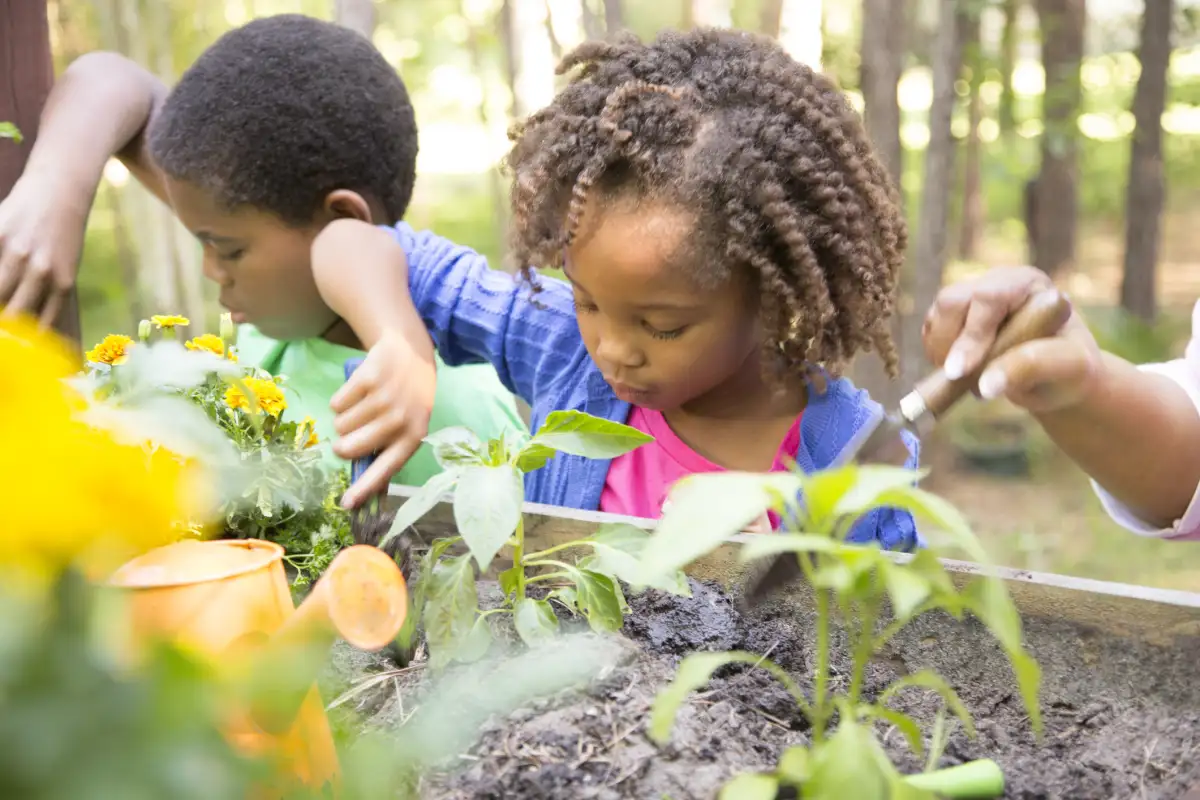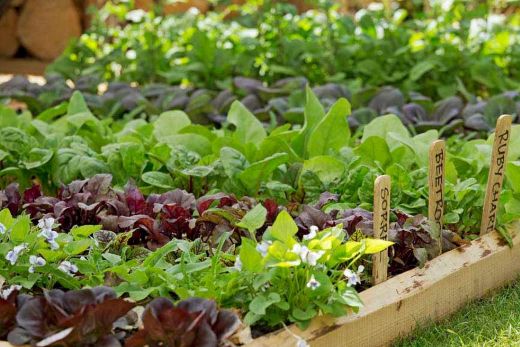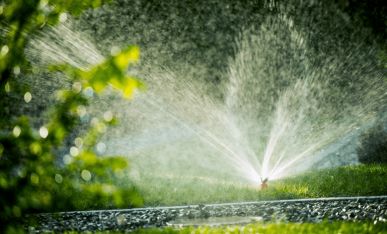Our Approach
At Dilulu, we believe that school gardens are powerful educational tools that connect children to food systems, nature, and their cultural heritage. Our approach combines educational best practices with sustainable agriculture to create gardens that are both productive learning spaces and beautiful additions to school environments.
We work closely with teachers, administrators, parents, and students to design gardens that support curriculum goals while reflecting local agricultural traditions and environmental conditions. Each garden is developed through a collaborative process that builds school community and ensures long-term sustainability.
Our gardens serve as outdoor classrooms where students learn academic subjects through hands-on experiences, develop life skills, connect with their food sources, and gain environmental awareness. We emphasize culturally relevant practices and crops that honor local agricultural traditions while introducing sustainable innovations.
See Our Impact













